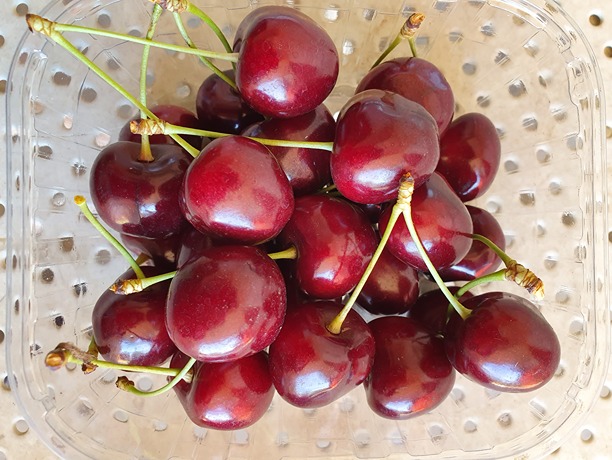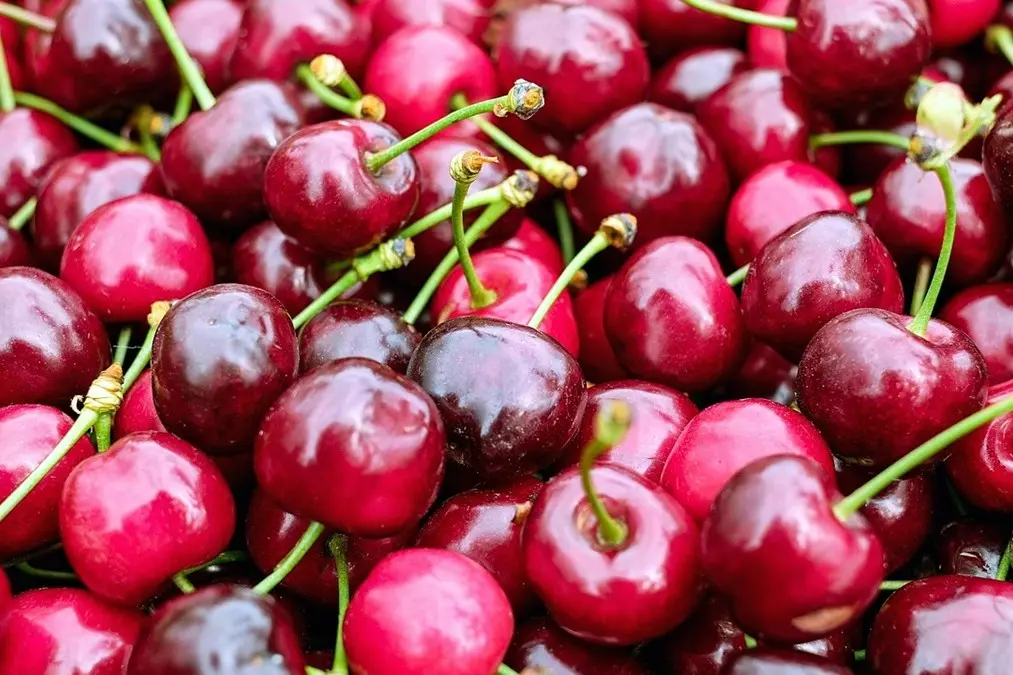Waterlogging has become more common in recent years because of climate change, posing a significant danger to crop productivity and quality. Among these natural disasters, floods caused by climate change have become more common globally, significantly impacting crop productivity and quality. It is critical to understand plant flooding tolerance and the mechanisms underpinning crop adaptation to low-oxygen environments to deal with this catastrophe.
There are two forms of flooding, depending on the depth of the water: waterlogging, in which only the roots are inundated, and submergence, in which the entire plant is partially or totally submerged.
One of the immediate consequences of waterlogging is an oxygen deficit, because oxygen diffusion in water is approximately 10,000 times slower than in air, and the concentration of oxygen infiltrating soil flooded with water is approximately 320,000 times lower than in gas-filled soil.
Because low-oxygen circumstances restrict root respiration, plants meet their energy requirements through anaerobic respiration. Under prolonged waterlogging, harmful chemicals can be created in anaerobic respiration pathways, such as glycolysis and ethanol fermentation, which can cause cell death and plant senescence, significantly reducing photosynthesis.
Waterlogging also damages plant overground sections, causing the closure of leaf stomata, degradation of chlorophyll, yellowing and peeling of leaves, and a decrease in plant photosynthetic capability, which is a critical factor influencing plant longevity. Sweet cherry is susceptible to waterlogging stress, and one of the most effective ways to improve its waterlogging tolerance is choosing waterlogging-tolerant rootstocks.
However, the waterlogging tolerance of distinct cherry rootstocks remains unknown, as does the underlying mechanism. Researchers from the Shanghai School of Agriculture and Biology, in collaboration with Washington State University, examined various physiological parameters to understand how cherry rootstocks respond to waterlogging stress and how soil oxygenation practice influences this process.
In addition, RNA sequencing analyses were used to identify potential genes involved and activated under stress conditions. Among the five cultivars tested, 'Gisela 12' and 'Colt' were the most sensitive and tolerant to waterlogging, respectively. The results showed that oxygenation successfully mitigated the effects of waterlogging stress on cherry rootstocks.
Furthermore, the waterlogged group had reduced relative water content, lower net photosynthetic rate and stronger antioxidant enzyme activities, while the oxygenated group performed better in all these metrics.
According to RNA analysis, numerous genes involved in energy production, antioxidant metabolism, hormone metabolism pathways and stress-related transcription factors were found to be differentially expressed in the different treatments.
These results therefore contribute to the development of management measures to improve waterlogging tolerance of cherry rootstocks, resulting in increased production and improved quality.
Source: Wang, Y., Xu, Y., Xu, J. et al. Oxygenation alleviates waterlogging-caused damages to cherry rootstocks. Mol Horticulture 3, 8 (2023). https://doi.org/10.1186/s43897-023-00056-1.
Melissa Venturi
University of Bologna (IT)
Cherry Times - All rights reserved










